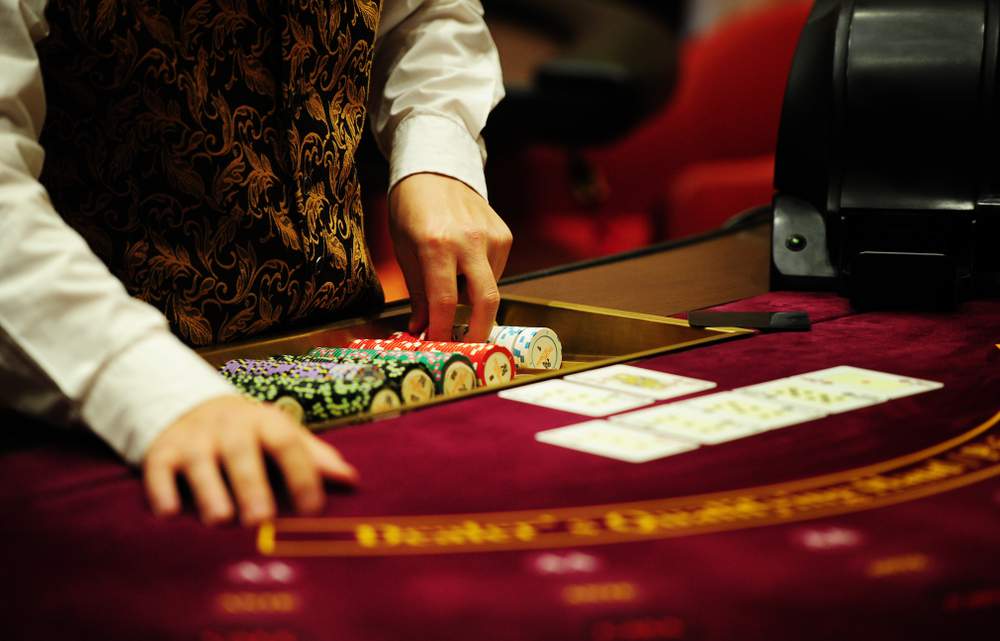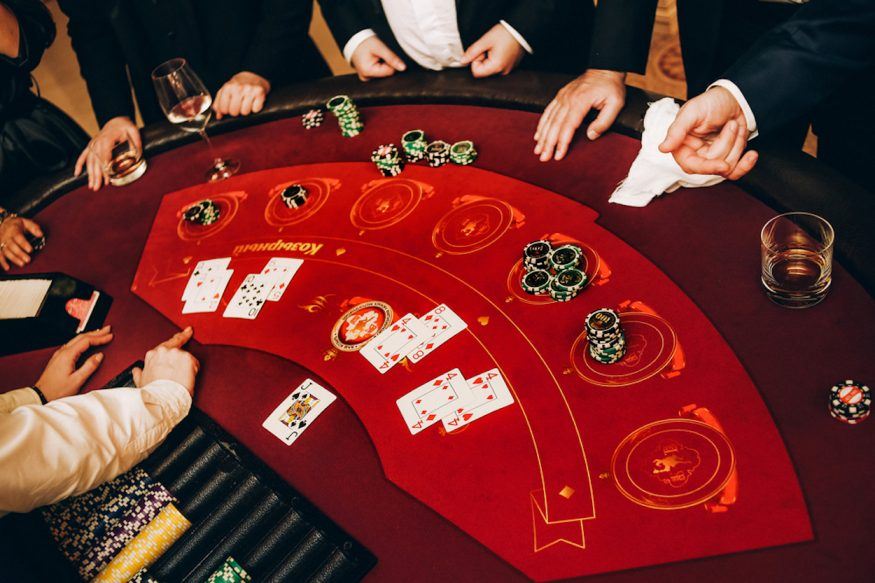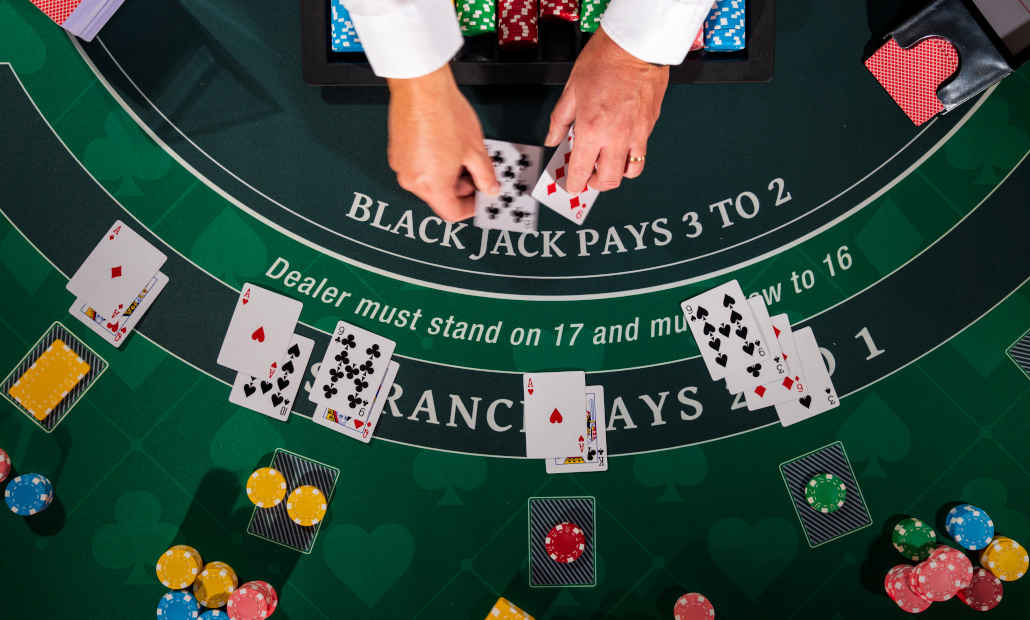How Much Does A Blackjack Dealer Make In Vegas

The shimmering lights and clattering chips of Las Vegas casinos conjure images of high rollers and instant fortunes. But behind every game of blackjack, expertly shuffling cards and managing the flow of money, is a dealer. What is the actual financial reality for these essential figures in the city's iconic gambling industry?
Understanding a blackjack dealer's compensation requires looking beyond just an hourly wage. This article delves into the multifaceted income streams that make up a Las Vegas dealer's salary, considering factors like tips, experience, casino location, and the ever-present union influence.
Base Wage: The Foundation
The base hourly wage for a blackjack dealer in Las Vegas typically hovers around the state's minimum wage, which is tiered based on whether the employer offers health benefits. As of 2024, Nevada's minimum wage is $10.25 per hour for employers offering qualified health benefits and $11.25 per hour for those that do not.
However, this figure provides an incomplete picture. Dealers heavily rely on tips, also known as "tokes," to supplement their income. The base wage serves more as a starting point.
Tokes: The Heart of the Matter
Tips form the significant part of a blackjack dealer's income. Players often tip dealers as a gesture of appreciation for good service or when they are winning.
Casinos pool these tips, then distribute them amongst the dealers according to a set formula. The exact method varies from casino to casino, but factors like hours worked and performance are usually considered.
According to several sources, including online forums and industry reports, dealers can potentially earn anywhere from $20 to $100+ per hour in tips, significantly exceeding their base wage. However, this varies greatly.
Factors impacting tip income includes the casino's location (high-end establishments tend to attract wealthier clientele), the time of year (peak tourist seasons generally mean more generous tippers), and the dealer's own skill and personality.
Experience and Skill: Climbing the Ranks
Experienced dealers often command higher earnings due to their proficiency and speed. They can manage games more efficiently, handle large bets with ease, and provide a more engaging experience for players.
Dealers with specialized skills, such as proficiency in multiple games or the ability to deal high-limit games, are also in higher demand and can earn more.
Casinos often provide opportunities for dealers to advance within the ranks, potentially leading to supervisory roles or specialized dealing positions. These promotions come with increased responsibility and higher pay.
Union Influence: Protecting Workers' Rights
The Culinary Workers Union Local 226, a powerful force in Las Vegas, represents many casino workers, including blackjack dealers. The union negotiates contracts with casinos on behalf of its members, ensuring fair wages, benefits, and working conditions.
Union contracts typically outline minimum wage standards, tip-pooling procedures, and healthcare and retirement benefits. This union presence helps stabilize and standardize compensation across different casinos.
While not all casinos are unionized, the union's influence sets a benchmark for industry standards, even in non-union establishments.
Location, Location, Location: The Casino Factor
The casino's location on the Las Vegas Strip or downtown Fremont Street can significantly impact a dealer's income. Casinos on the Strip, particularly those catering to high-roller clientele, generally generate more substantial tips.
Downtown casinos, while potentially having a lower average tip per player, often have a higher volume of players, which can balance out the difference. The overall atmosphere and clientele of the casino play a major role.
Additionally, the casino's policies on tip sharing and management significantly affect the dealer's take-home pay.
The Total Package: An Estimate
Given these various factors, estimating a blackjack dealer's annual income in Las Vegas requires a range. A reasonable estimate, considering base wage, average tips, and experience, would likely fall between $40,000 and $80,000 per year.
Top earners, working at high-end casinos and consistently delivering excellent service, could potentially exceed this range. Entry-level dealers at smaller casinos might earn less, especially initially.
The actual earnings depend heavily on individual work ethic, casino location, and the fluctuations of the Las Vegas tourism industry.
Beyond the Money: The Intangibles
Beyond the financial aspect, being a blackjack dealer offers other benefits. Some dealers enjoy the social interaction with players from around the world. Others appreciate the fast-paced, exciting environment of the casino floor.
The job can also offer flexible hours and opportunities for advancement within the gaming industry. The life of a dealer is not always glamorous, but it can be a rewarding career path for those with the right personality and skillset.
Ultimately, the compensation of a blackjack dealer in Las Vegas is a complex equation. It combines a modest base wage with the potential for significant tip income, influenced by factors like experience, location, and union representation. For those seeking a career in the casino industry, understanding these dynamics is essential.


















